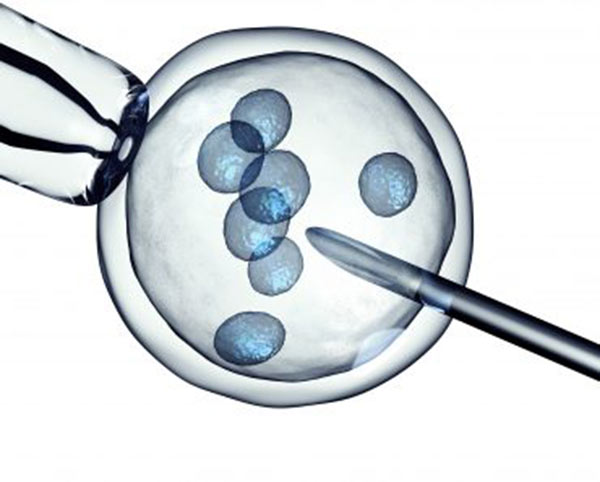Empty Follicle Syndrome (EFS)
Empty follicle syndrome, or EFS as it is called, is a condition that might appear during an ovarian stimulation initiated in order to retrieve eggs from the female donor. In general, the reason to retrieve eggs is so that they can be used in different types of treatments using assisted reproductive technologies (ART). EFS is a very rare complication that occurs during an IVF cycle. The complication itself means that once the eggs have been retrieved, no oocytes can be found. And without oocytes the IVF treatment can not proceed to the next stage.
The retrieval off eggs is usually a routine procedure at an IVF clinic and does not take more than 30 minutes. The same is true even if there is a case of EFS. It is only after the eggs have been retrieved that the condition can be diagnosed.
The Cause of Huge Disappointment
When this condition occurs it is obviously very frustrating and stressful, both for the intended parents and the medical team that are working with them. Everybody wants the treatment to be successful and for the parents to have the child that they are longing for. EFS is often extra disappointing since, up until the actual retrieval of the eggs, it appears to be a successful ovarian stimulation. Many times the ultrasound and the amount of estradiol (female hormone in the blood) indicates that there should be a reasonable amount of follicles present. When it turns out that this is not the case it often devastating for the intended parents. Not only have they prepared for a long time but most of the time the expectations and the hopes are really high because of the strong wish to have a child.
Do Not Give Up
Even though intended parent are unlucky enough to be the subjects of Empty Follicle Syndrome, it is certainly not a reason to give up on their attempt to have a baby. Since EFS is not a chronic condition it is not sure that the same thing will happen during the next stimulation and egg retrieval attempt. On the contrary, the results might be the complete opposite the next time around.
If the complication of EFS should arise it is also common practice to change the medical treatment in order to try to avoid a similar result. Usually this means that the doctors will change the stimulation protocol for the next IVF cycle. A different approach like that usually results in a completely different outcome and there is nothing that indicates that the same thing will happen again. The next attempt might result in many retrieved oocytes and a successful pregnancy.
Even though empty follicle syndrome is as rare as it is, it is always good be aware of the possibility that it might happen. All intended parents should therefore be informed of this syndrome, the fact that that it exist and that there are no guarantees of avoiding it. It is always better to be prepared, and to know that things can go wrong instead of it being a surprise. Therefore, when choosing an egg donor or if the intended mother is getting ready for a follicle stimulation herself, patients should be well informed in advance about the rare possibility of EFS and all the existing solutions to the problem.
